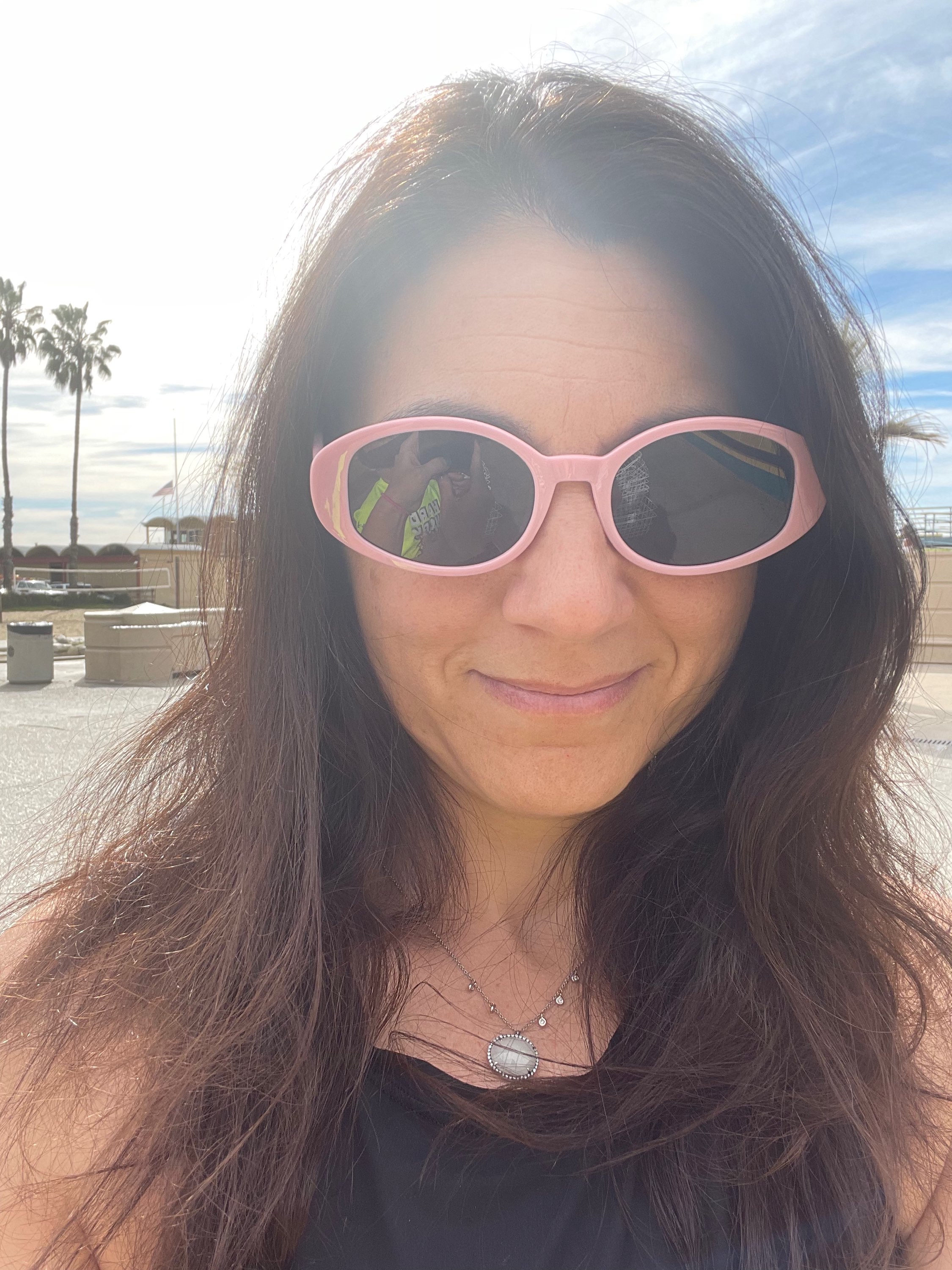Body Image Acceptance and ROMANTIC COMEDY by Curtis Sittenfeld
- Marisa Gelfand

- Apr 17, 2023
- 2 min read
Updated: Aug 31, 2023

Sally is a successful comedy writer on a weekly sketch comedy show that features weekly guest hosts and musicians (let’s call it “Not SNL”). She describes herself as average-looking and sometimes lists things she dislikes about her body.
Noah (in my head, “John Mayer”) is a superstar musician, best known for an exceptionally cheesy love song he first wrote and performed at the beginning of his career – eons ago. He wears tight shirts to show off the arms and abs he maintains during regular personal training sessions and eats chef-quality and dietitian-approved meals. The average fan would describe Noah as hot.
And yet, like Sally, Noah doesn’t feel great about his body.
Here’s why I picked ROMANTIC COMEDY for this blog:
Both a male and a female character express insecurity about body image;
and we have extensive confirmation that at least one (maybe both?) of the characters is objectively ridiculously attractive.
These dynamics immediately bust two myths – that worrying about looks is only a female problem (it’s not) and that there is a relationship between appearance and body confidence (there’s not).
In fact, 46% of people experience so much distress due to negative body image that it impacts their day-to-day lives. People who feel negatively towards their body…
Waste extensive time and mental energy perseverating about their appearance;
Avoid social, academic, professional, and other fulfilling activities because of feeling self-conscious or inadequate;
And, seek body-changing activities ranging from unnecessary surgeries to unhealthy diets.
It’s a big problem.
Culture, or the behaviors, beliefs, and values people generally accept without thinking, greatly influences body image. And culture is both variable and subjective. For example, throughout history (and still in many parts of the world that experience food scarcity), a rounder figure was associated with power and wealth – and, therefore, more socially desirable. But, in the last 75 years or so, “thin is in,” even though the average body size is increasing, not decreasing, and rates of eating disorders are rising.
Take a minute and think about the “shoulds” you absorbed about your body over time. This can be general or detailed; you may be thinking about weight, shape, size, muscle mass (and placement), hairiness (or lack), body art (tattoos or make-up), hair color…or many other beauty standards I’ve left out.
Now…
Consider which, if any, of these “should” you agree with. If you don’t think a standard holds merit, stop judging yourself against it. Check out this video about the onslaught of subjective media messages.
Remember, you are your own harshest critic. You probably view yourself more negatively than anyone else would. Check out this video for an example with a sketch artist.
If Sally and Noah analyzed the culturally imposed ideals of beauty they held themselves to, they may have decided to ignore randomly set standards. And, if they understood that the self is the most critical viewer, they may have tried to look in the mirror with kinder eyes. Then, instead of coming together despite their perceived flaws, they could have come together to celebrate their positive attributes.




